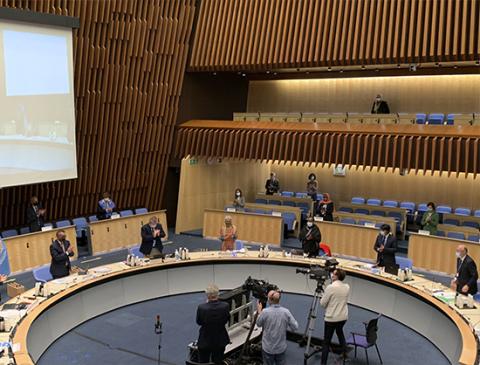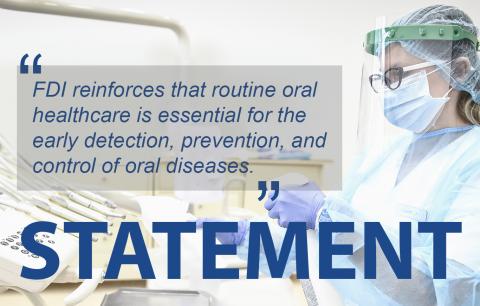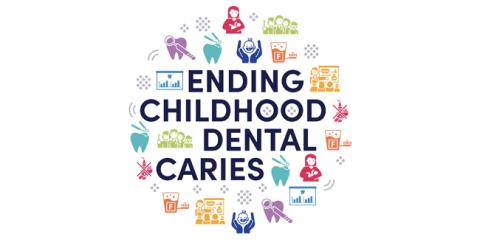Oral health must be integrated into universal health coverage #WorldHealthDay

World Health Day, established by the World Health Organization (WHO) in 1948 and celebrated every year on 7 April, highlights contemporary global health issues. In 2019, this day is dedicated to universal health coverage (UHC) a term that is often misunderstood and misinterpreted and aims to raise awareness about what UHC means and why it is important. To mark the day, FDI is releasing a factsheet on UHC and oral health to help the oral health community support their conversations with policymakers and other important stakeholders in the global health community.
What is universal health coverage?
UHC means that all people have access to health services without suffering financial hardship to pay for it. It includes the full spectrum of essential health services: prevention, promotion, treatment, rehabilitation and palliative care. At least half of the world’s population still does not have full coverage of essential health services and about 100 million people are still being pushed into extreme poverty because they have to pay for healthcare.
Why should oral health be part of universal health coverage?
Oral health is key to general health and well-being at every stage of life, yet basic oral health services remain out of reach for millions of people. More than half of the world’s population (3.5 billion) suffer from untreated oral diseases, which can result in pain, infection, tooth loss and loss of productivity. Integrating oral health into UHC will help improve oral health outcomes and reduce inequalities in access to care. Countries at all income levels can take steps to move closer to develop and implement their own UHC package of essential health services that integrates oral health and fits the needs of their population.
Why should oral health be part of universal health coverage?
Oral health is key to general health and well-being at every stage of life, yet basic oral health services remain out of reach for millions of people. More than half of the world’s population (3.5 billion) suffer from untreated oral diseases, which can result in pain, infection, tooth loss and loss of productivity. Integrating oral health into UHC will help improve oral health outcomes and reduce inequalities in access to care. Countries at all income levels can take steps to move closer to develop and implement their own UHC package of essential health services that integrates oral health and fits the needs of their population.
Find out more...
This fact sheet is meant to help the oral health community support their conversations with policymakers and other important stakeholders in the global health community



